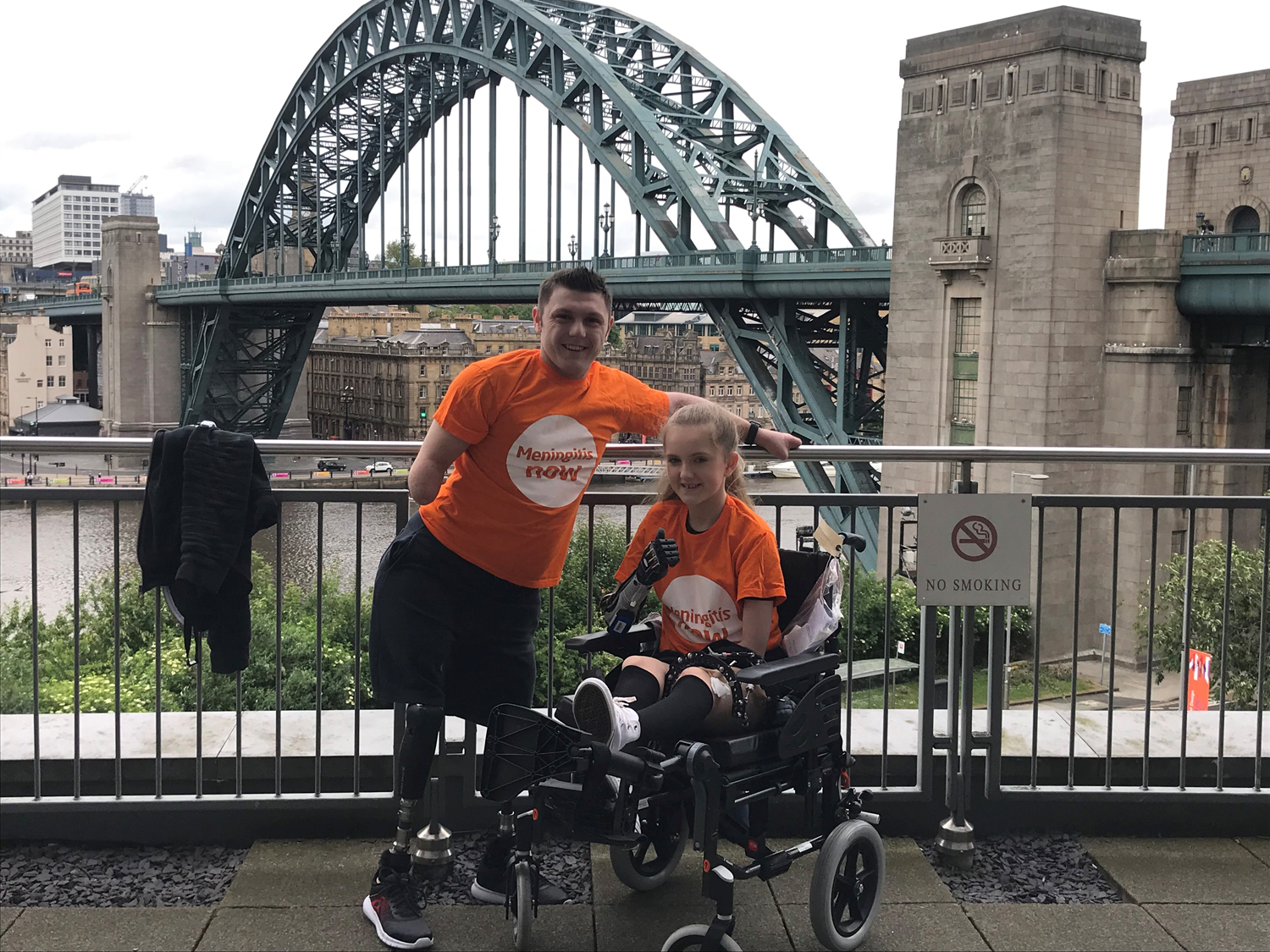If you are a property owner then you should make yourselves aware of the recent changes in the payment of inheritance tax that will come into force from 6th April 2017.
From April 2017, each individual will be offered a family home allowance so they can pass their home on to their children or grandchildren tax-free after their death. This will be phased in from 2017-18 but what you do with your property now can affect how IHT will be charged in the future.
Most people will be aware that Inheritance Tax is paid if a person’s estate (their property, money and possessions) is worth more than £325,000 when they die. Don’t forget that if you are married then you can also benefit from increasing this to £650,000. Anything over this threshold is taxed at 40% unless other exemptions apply. This is currently a relatively simple process to understand. However, the Government has announced a new nil-rate band for inheritance tax (IHT) purposes is to be introduced. The changes will only affect situations where a “residence” is left on death to “direct” descendants.
You will need to be the registered owners of the property and be residing in the property as your main home. Direct descendants are listed as children, step-children, foster children and their direct descendants.
But how will you calculate if inheritance tax is payable after April 2017?
Firstly the basic nil-rate band of £325,000 will remain frozen at this level until April 2021. Secondly you will then need to work out if you qualify for “main residence nil rate band” under the new strict rules. In 2017-18 this will mean an additional £100,000 nil rate band could be available to you. This amount will increase each year up to a maximum of £175,000 in the year 2020-2021.
If you are married and own property there are also opportunities to increase your nil rate threshold, as spouses can benefit from their partners unused nil rate amounts.
Legislation is also being proposed around nil rate bands if you downsize or cease to own a home on or after 8 July 2015 provided you meet the specific requirements.
Janet Potts of North East Law LLP Solicitors confirms that estate planning requires some careful thought and understands that people want to protect their home and assets that they have worked hard to build for their families. Further Janet advises that it’s always good to seek professional advice on your individual circumstances as people are all different. If you would like to learn more contact Janet on 0191 3726835 or perhaps you run a group and would like Janet to come along and give a talk she would love to hear from you.
Changes to Inheritance Tax





![[editorial] in the community, with the community, for the community](https://www.newtonnews.co.uk/wp-content/uploads/2018/01/editorial.png)





